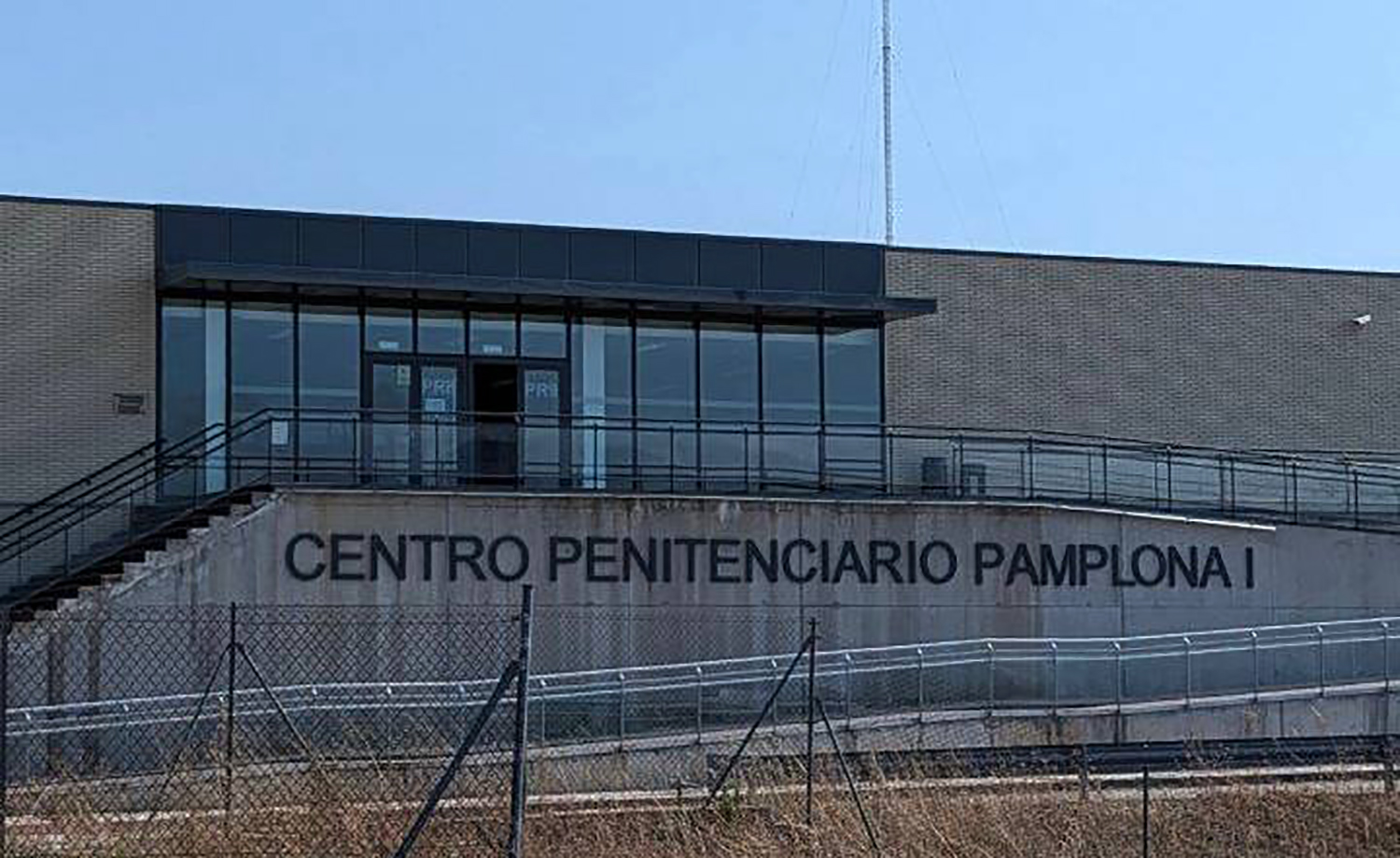Adopted a reform of the Spanish State for the forced displacement of migrant minors
- The Canary Islands and the Government of Spain agree to amend the Aliens Act, forcing minors to move to other State communities when the "150%" of the reception capacity of persons migrated from some territory is exceeded.

Recently, an agreement has been reached between the governments of the Spanish State and the Canary Islands regarding the migrated people who manage to reach state lands. The authorities intend to reform the Aliens Act when it is considered that certain immigration flows are overcome in one place, in order to force migrated minors to expel with force and to move to other parts of the State.
This Tuesday, the "compulsory relocation agreement" by the two governments has been concluded, and it is now to be seen where it is going to move forward (by royal decree-law or by a bill by the parliamentary groups). If the reform is approved, the Spanish State will be able to intervene when it is decided that in some territory more than a certain number of persons migrated. Theoretically, it will be able to intervene when the supposed "150% capacity" of a territory passes.
In such cases, minors who are not in charge of an adult person will be expelled from that particular place and transferred to another place of the State. However, they have not clarified how exactly this "distribution" of children and adolescents will be done. What they have said is that they will take account of territorial criteria such as income, unemployment or the number of minors who have previously been immigrants.
A measure designed for the Canary Islands, Ceuta and Melilla, but extensible
Some sources point to the implementation of the new measure for the island of Canary and Ceuta and Melilla. The country, however, does not speak of a particular territory: it says that whenever a territory exceeds a certain limit of immigration flow, the protocol for the expulsion of minors will be activated.
The Government of Spain will support communities that will receive these minors with a total of EUR 125 million. However, it appears that some communities have so far refused to take a new step.
Once the reform was adopted, the Government plans to enter into force in less than a year and to begin forced relocations. According to El País, mass intra-Community transfers would begin within 15 days of the registration of the measure.
Background
The Government of Spain has already taken steps to "relocate" minors, but without the obligation of the regional authorities, understood as "cooperation". With the new reform, the "separation" of minors moves from this "cooperation" to "compulsoriness". To this end, the Government has used the "current migration situation" as an argument and has excused the "best interests of the child".
The Sectoral Conference on Children agreed on the "voluntary distributions" of children and adolescents (voluntary for communities and not for young people). In order to carry out these "relocations", a series of criteria were set which, according to these characteristics, gave points to the territories and measured their possible suitability: population, dispersion of population, income, unemployment rate, number of minors migrated already resident, etc.
According to El País, a draft mentions a possible "distribution" for next April, as well as the community to which forced displacement would correspond, taking into account the established criteria: La Rioja, Catalonia, Madrid and Andalusia.
Aljeriatik datoz Mohamed eta Said [izenak asmatuak dira], herri beretik. “Txiki-txikitatik ezagutzen dugu elkar, eskolatik”. Ibilbide ezberdinak egin arren, egun, elkarrekin bizi dira Donostian, kale egoeran. Manteoko etxoletan bizi ziren, joan den astean Poliziak... [+]
Kritika artean abiatu dira Gasteizko Arana klinika zena Nazioarteko Babes Harrera Zentro bilakatzeko obrak. Ez auzokideak, ez errefuxiatuekin lan egiten duten gobernuz kanpoko erakundeak, ez PSEz bestelako alderdi politikoak ez daude ados proiektuarekin: makrozentroen ordez,... [+]
Europako Batzordeak lege-proiektu berri bat aurkeztu du asteartean. Dokumenturik gabeko pertsonak jatorrizko herrialdeetara edo igarotze-herrialdeetara deportatzeko prozesua areagotzea eta azkartzea helburua du.
Harrera-herri euskaldun nola izan gaitezkeen galdetu zion Leire Amenabarrek bere buruari eta parean zituenei iaz, Gasteizen, harrera-hizkuntzari buruzko jardunaldietan, eta galdera horrexetan sakontzeko elkartu gara berarekin hilabete batzuk geroago. Amenabarrek argi du... [+]
“Bi pertsona mota daude munduan: euskaldunak, batetik, eta euskaldunak izan nahiko luketenak, bestetik”. Gaztea zela, Mary Kim Laragan-Urangak maiz entzuten omen zuen horrelako zerbait, Idahon (AEBak), hain zuzen. Ameriketan jaio, hazi, hezi eta bizi izandakoak 70... [+]
Aurrekoan, ustezko ezkertiar bati entzun nion esaten Euskal Herrian dagoeneko populazioaren %20 atzerritarra zela. Eta horrek euskal nortasuna, hizkuntza eta kultura arriskuan jartzen zituela. Azpimarratzen zuen migrazio masifikatua zela arazoa, masifikazioak zailtzen baitu... [+]
Hamasei migrante atxilotu zituzten otsailaren 6an Baionan, etorkinen eskubideen aldeko elkarteek salatu dutenez. Dirudienez, Baionako prokuradoreak eman zuen agindua. Operazioa autobus geltokiaren eta Pausa harrera zentroaren artean gauzatu zuen poliziak, tartean, adingabekoak... [+]




















